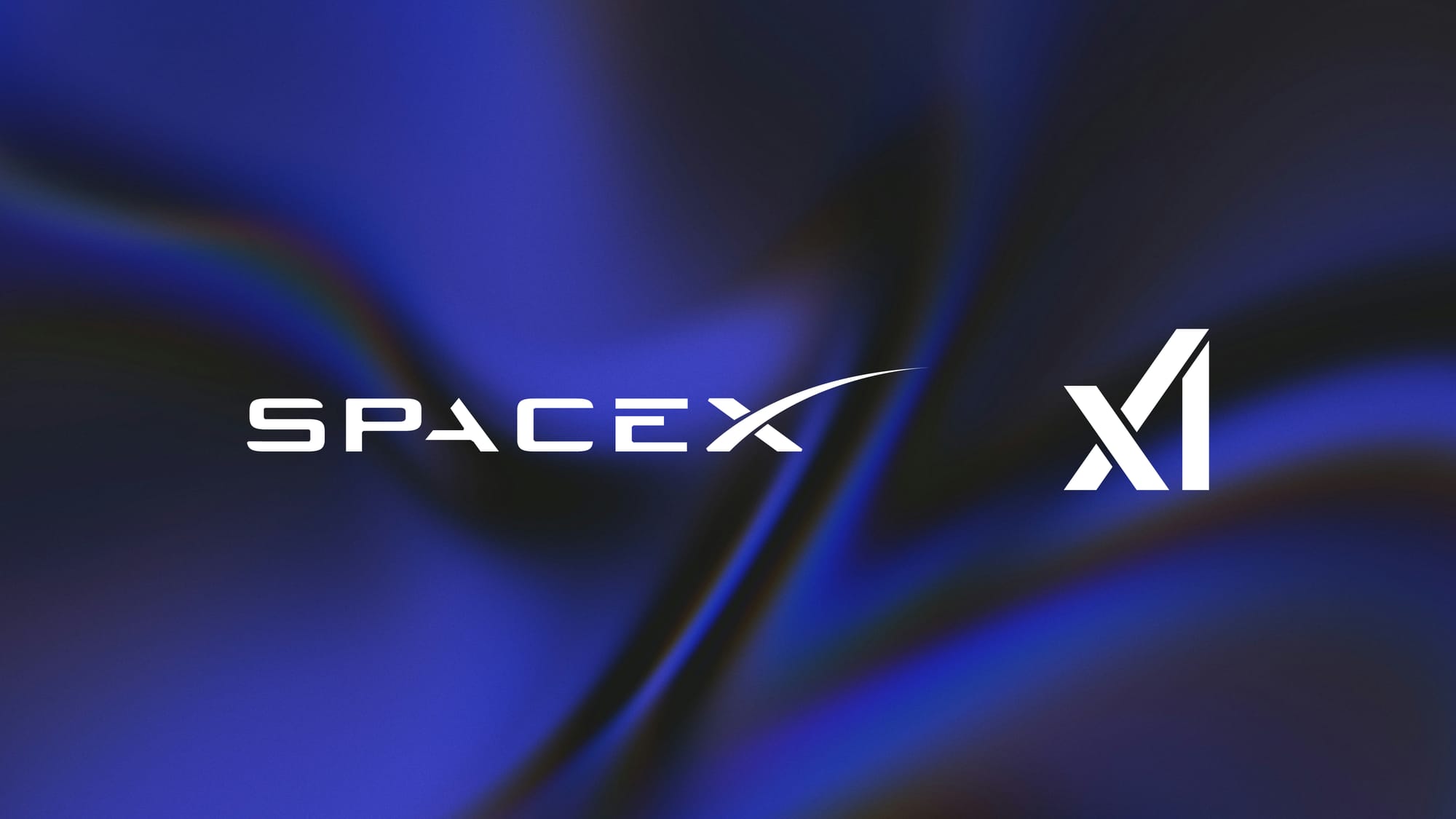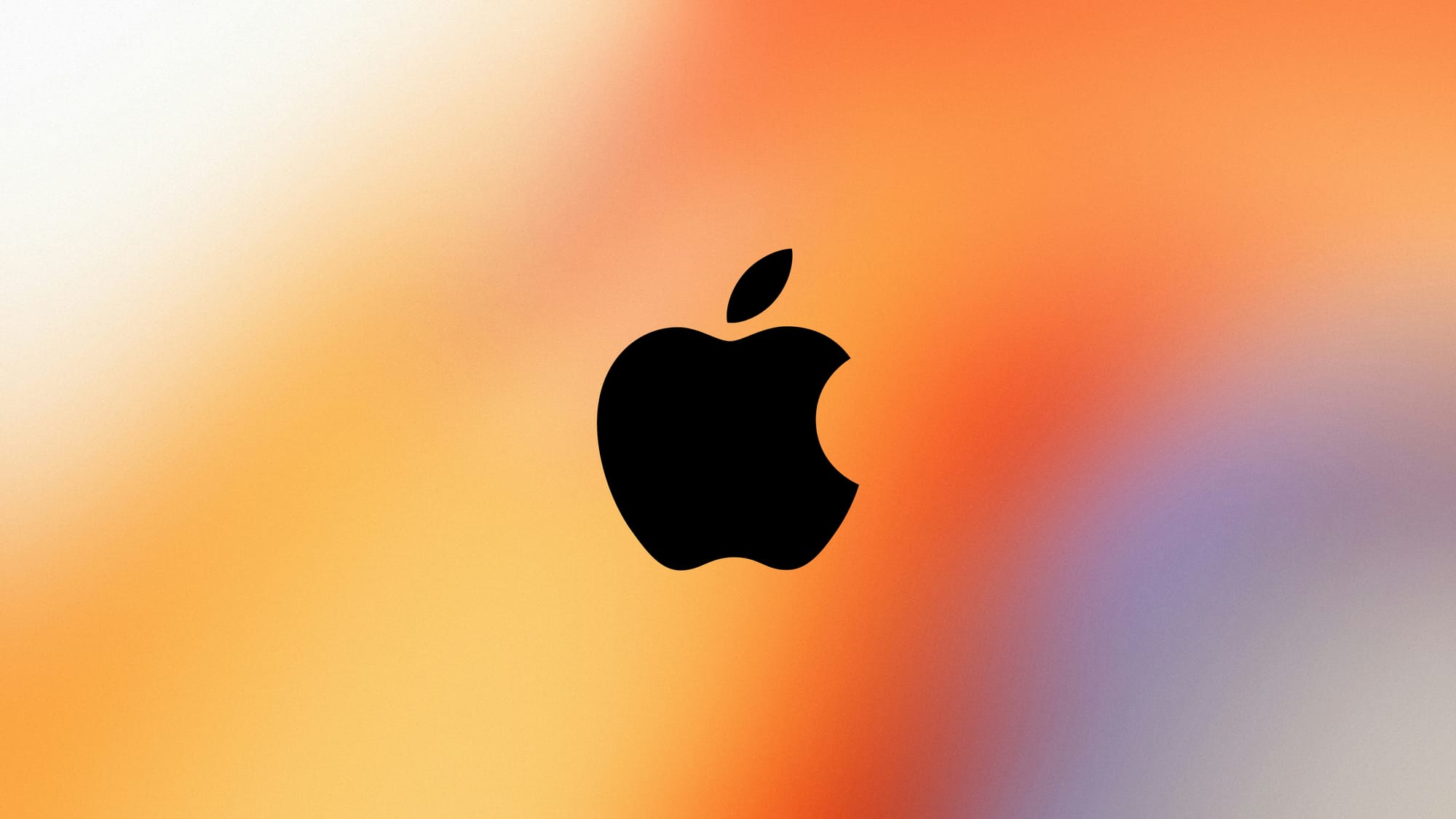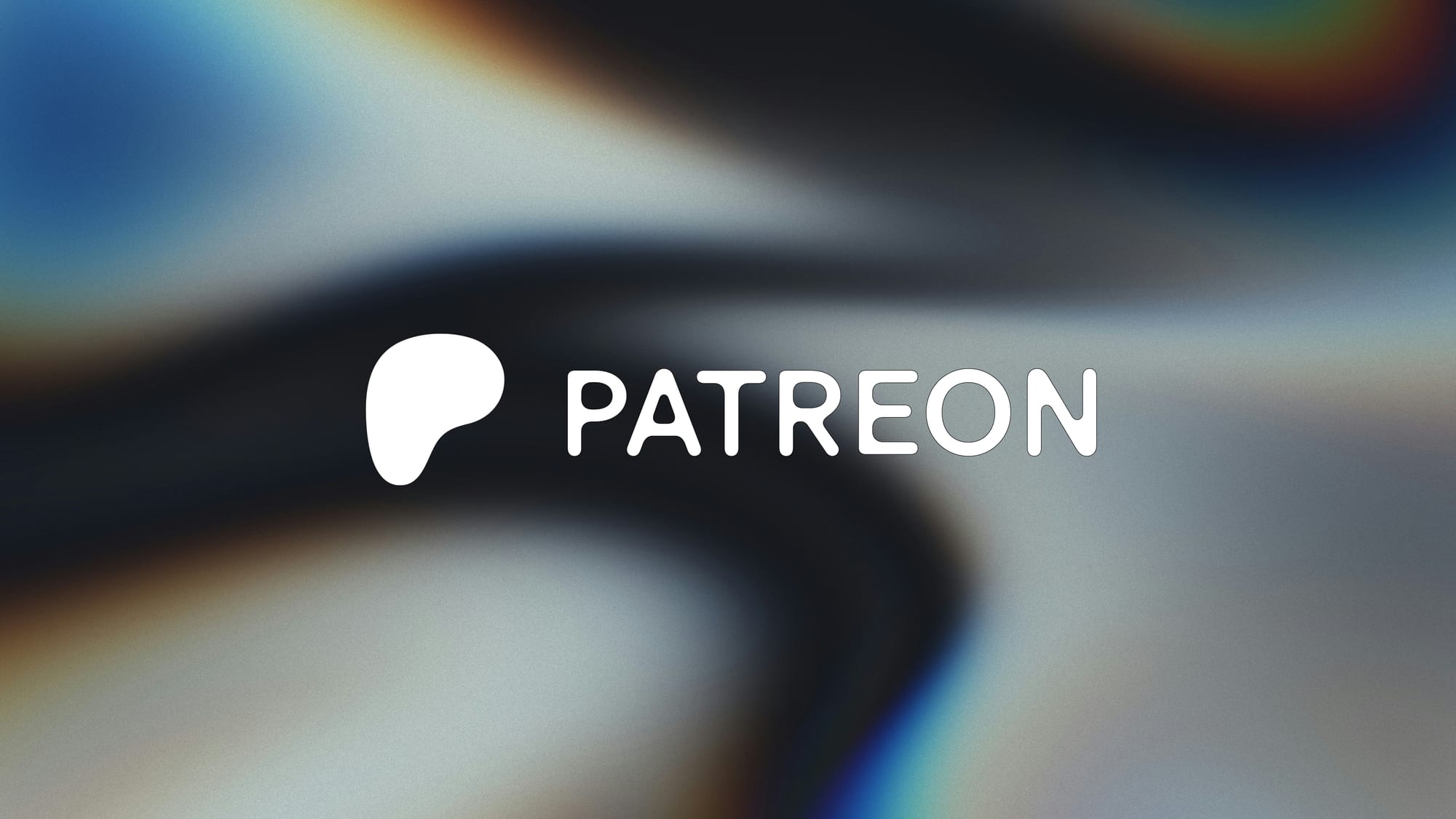Delta Air Lines is quietly revolutionizing how you pay for flights, using artificial intelligence to determine the maximum price you specifically are willing to pay. It's not science fiction—it's happening right now on 3% of Delta's domestic flights, with plans to expand to 20% by year's end.
The Mind-Reading Machine
"We will have a price that's available on that flight, on that time, to you, the individual," Delta President Glen Hauenstein told investors. The AI system, powered by Israeli startup Fetcherr, acts like "a super analyst working 24 hours a day, seven days a week" to simulate real-time pricing.
This isn't your typical supply-and-demand pricing. The algorithm analyzes your booking history, browsing patterns, and other data points to calculate your personal "pain point"—the exact moment you'll click "buy".
The Controversy Heats Up
Privacy advocates are sounding alarms. "They are trying to see into people's heads to see how much they're willing to pay," warns Justin Kloczko of Consumer Watchdog. "They are basically hacking our brains".
Senator Ruben Gallego has labeled it "predatory pricing," promising he "won't let them get away with this". Meanwhile, marketing expert Matt Britton warns that "the era of 'fair' pricing is over".
What This Means for Travelers
Early results show "amazingly favorable unit revenues" for Delta, but the impact on passengers remains unclear. While some travelers might see targeted discounts, research suggests AI pricing typically benefits wealthier customers while penalizing those with fewer options.
Delta maintains it has "zero tolerance for discrimination" and follows federal law, but the airline hasn't detailed what safeguards prevent algorithmic bias.
The bottom line? Your next Delta flight price isn't just about timing anymore—it's about what an algorithm thinks you're worth.














Discussion